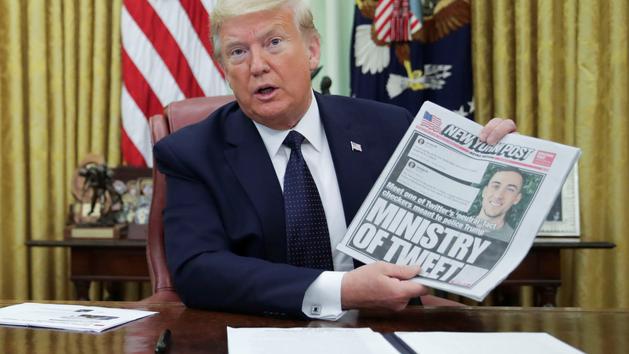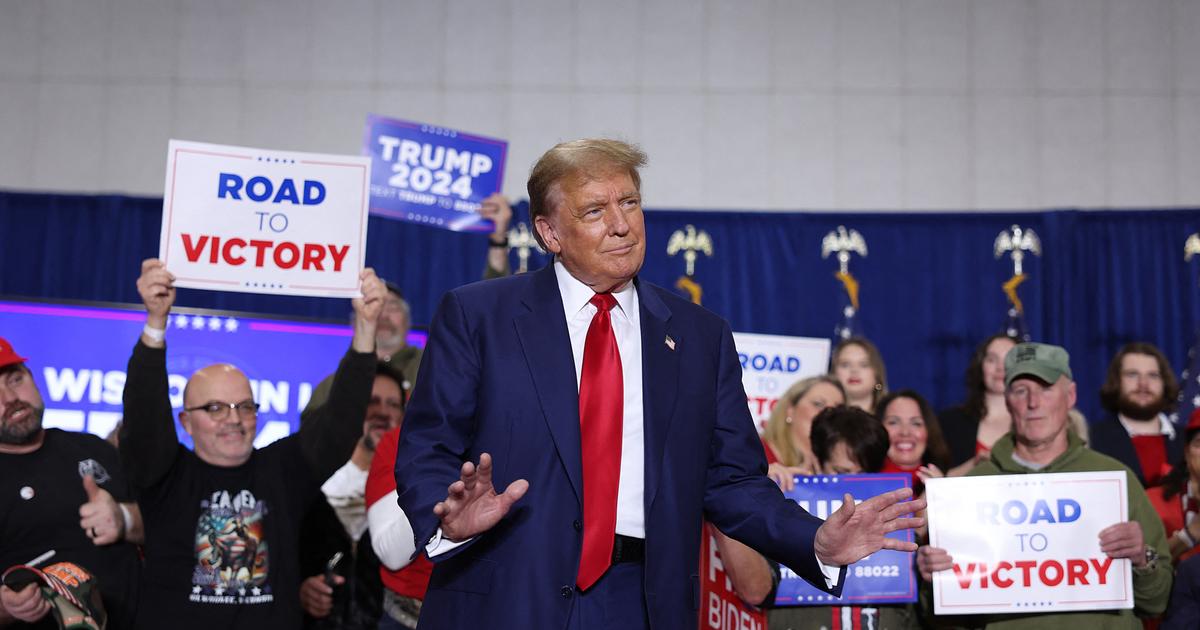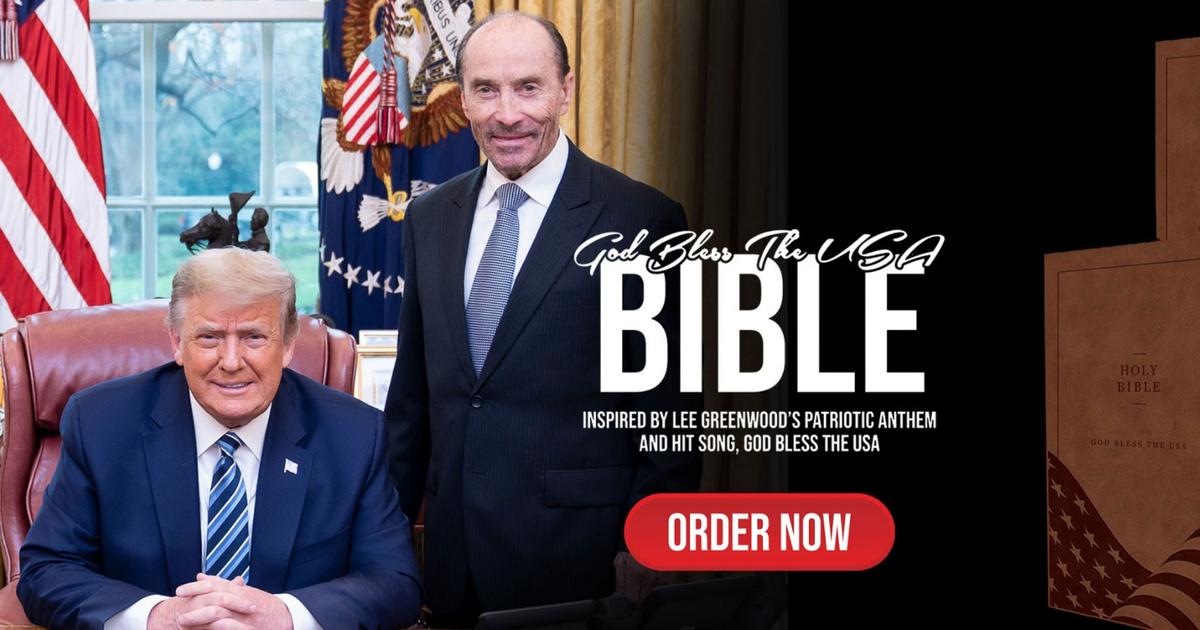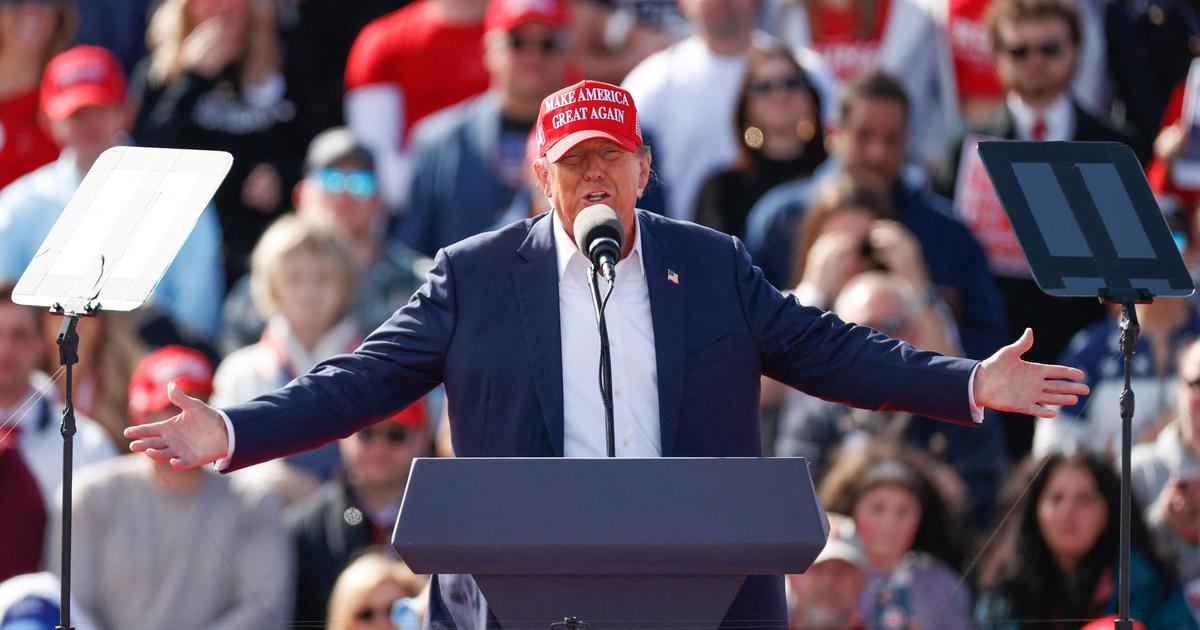Donald Trump considers himself the victim of a form of political censorship on the part of Twitter. Followed by more than 80 million people on this platform, the American president uses the network enormously to communicate directly with the Americans, without going through the press, which he judges hostile to his policy. He does not want Twitter, managed from San Francisco by a team that badly hides his contempt for his presidency, to prevent him from expressing himself freely and campaigning for his re-election in November.
In retaliation, the U.S. head of state asked the Commerce Department, in consultation with the Justice Department, to order the Federal Communications Commission, within 60 days, to change the rules that apply to social networks. He also promised to pass to Congress a reform of the law which since 1996 regulates the freedom of speech on social networks.
Its objective is unlikely to be achieved due to the constitutional procedures which are immediately put in place to block it. However, he hopes to make platforms like Twitter and Facebook liable to thousands of lawsuits for censorship as soon as a user considers himself unjustly accused of disseminating information that is questionable, false, malicious or likely to deceive the electorate.
Twitter's
first warning This is the first time that Twitter has warned of the risk of misinformation associated with certain messages published on its platform. The American president had affirmed that the use of the postal vote, advocated by the Democrats to limit the risk of contamination by the Covid-19, would start massive electoral frauds. Judging this doubtful assertion, Twitter has affixed under the presidential tweet this mention: " Learn the facts about postal voting!" "
Immersed in black anger, Donald Trump presented himself as a “ victim of political activism ” by the management of Twitter which he considered acquired by his Democratic opponents. He wanted to suspend Twitter. But his lawyers have not " found a legal way to do it, " he said. This is why, in retaliation, and after threatening to do so for months, Donald Trump attacks the fundamental protection enjoyed by all social networks since 1996.
Platforms not legally responsible
Unlike newspapers or television channels, Twitter and Facebook are not legally responsible for the content published by their platforms. In the name of the constitutional protection of the freedom of expression, the article 230 of the law passed by the Congress in 1996 authorizes any Net surfer to assert on Twitter whatever comes into his head.
Content moderators in the San Francisco company are not seen as editors or proofreaders, just like journalists at CNN or the New York Times . It has only been in recent years, and at the request of elected officials from most democratic countries, that Twitter and Facebook have started to block overtly violent, racist, or manipulative content.
The revelations of efforts to manipulate American opinion on the networks by the Russian secret services during the 2016 campaign shocked the Americans. But the legal way to correct this risk has still not been found in Washington.
Article 230 of the Communications Decency Act in question
The reaction of Twitter and Facebook to the White House frontal attack on their main legal umbrella was not long in coming. Twitter denounces " a reactionary and political approach to the law ... and unilateral attempts to cut it that threaten the future of online freedom of expression ". Facebook, which feels indirectly targeted, judges that the restrictions brought to article 230 "would further restrict (...) the freedom of speech on line, would penalize the companies which choose to authorize the controversial opinions and would encourage the platforms to censor anything that could offend someone .
However, Donald Trump's approach, in addition to its immediate effect of polarizing opinion during the presidential campaign, poses a real problem for social networks. Democrats also want to change section 230 of the Communications Decency Act . Worried about the growing influence of networks on public opinion, and frustrated by the fact that the traditional press - generally pro-democracy - is now marginalized in public debate, they also seek to force the digital giants to control the content that 'they broadcast.








